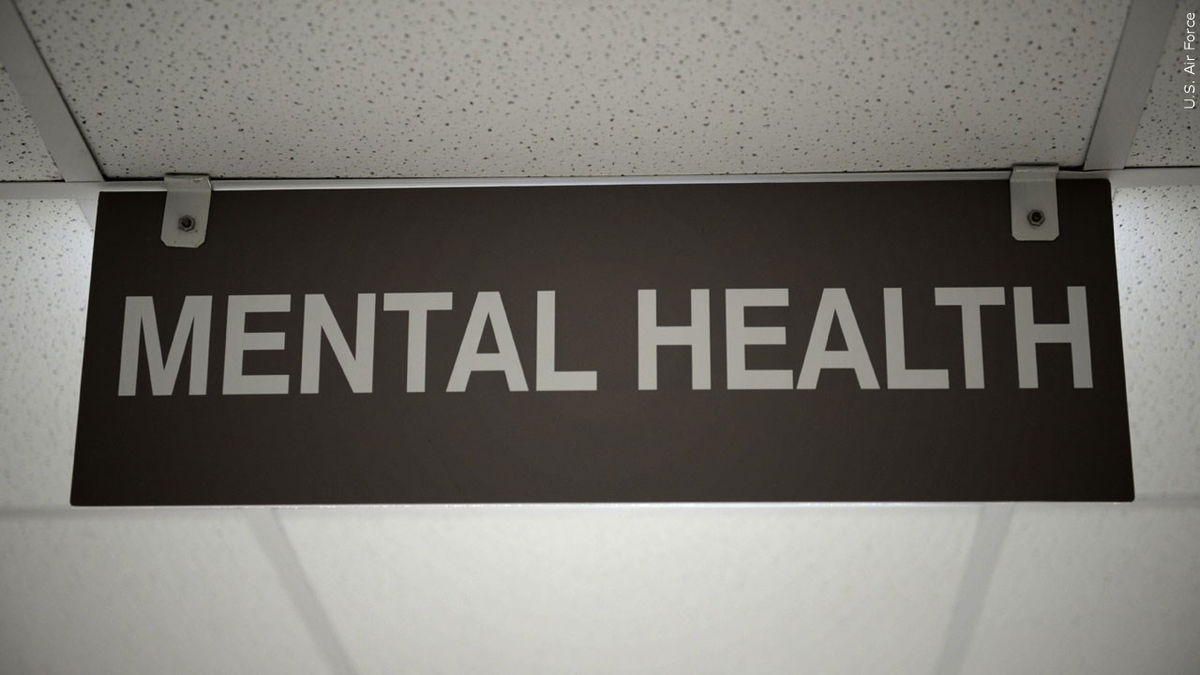Colorado behavioral health system overhaul ahead of the holiday

PUEBLO, Colo. (KRDO) -- While the holiday season can bring joy for a lot of people, many find themselves struggling during the winter months.
"We are expected to be happy and have a wonderful life because it is Christmas time," explains Sgt. Franklyn Ortega. "But the reality is, sometimes that is not true."
Sgt. Ortega is with the Pueblo Police Department, and also a crisis intervention trainer. He says the country is in the middle of a mental health crisis and the pandemic has only made it worse.
With the high transmission rate of the virus, specifically the Omicron variant, Ortega says people are not seeking the medical care they need, including medications.
However, Colorado residents aren't the only ones in a crisis. The behavioral health system in the state is also struggling.
Last week, the state's behavioral health leader, Robert Werthwein, publicly announced his resignation following an investigation by the Colorado News Collaborative that called out the state's top mental health centers. The investigation claims several health officials regularly dey care to some of the most vulnerable people.
Since the investigation, Governor Jared Polis implemented a new behavioral health administration to oversee massive reform. With that overhaul, the hope is Southern Coloradans in need of mental health care will get the treatment they so desperately need.
The new administration is set to launch in the summer of 2022.
Additionally, Senator Michael Bennet (D) announced Tuesday the state will receive up to $2.4 million to help implement an updated National Suicide Prevention Lifeline.
“Everywhere I go in Colorado, I hear how our country’s mental and behavioral health crisis is only getting worse,” said Bennet. “Shortening the suicide prevention lifeline to expand its services and reach is a strong step toward making mental health support more accessible to Coloradans and addressing the crisis. I’m glad our state will receive this critical funding to help make this a swift and easy transition.”
Until then, Ortega tells KRDO he and his fellow CIT-trained officers will continue to help "fill the gaps" for residents struggling mentally.
For more information on getting help with mental health, click here.
